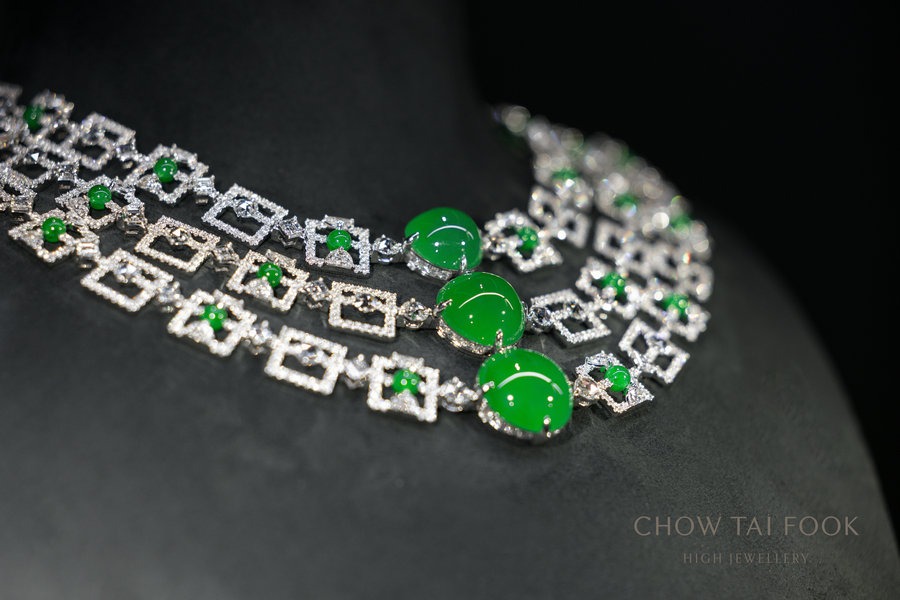Embrace the language of the future: Emoji

Nowadays, there are so many ways for people to communicate. Particularly in today's digital world, the colourful little icons known as emoji have become so popular that almost everyone uses them to express their emotions. In 2015, the Oxford English Dictionary even declared the "face with tears of joy" ![]() as its word of the year. From ordinary people's daily messages to celebrity tweets, a single pictograph or a chain of emoji can speak more than a thousand words.
as its word of the year. From ordinary people's daily messages to celebrity tweets, a single pictograph or a chain of emoji can speak more than a thousand words.
First of all, let's take a quick test to see if you're tuned into this new language skill. Do you have any idea what the following emoji phrases stand for?
1. 



2. 


3. 

4. 


5. 



Check your answers:
(1) "Street-style star"
(2) "A-line dress"
(3) "I'm/You're not on the list"
(4) "Hold up, I/you can't"
(5) "No time, don't care, bye"
Unlike most languages you're familiar with, emoji effectively has few rules for grammar, vocabulary, syntax or semantics. The term was born in late-1990s Japan as "picture" (e) + "character" (moji) and featured prominently in electronic messages and on web pages. This quirky Japanese idea became popular on a global scale with the development of social media and the use of the emoji keyboard on Apple's iOS operating system.
The history of humans using symbols to express ourselves dates back some 5,000 years to the Egyptians, who developed hieroglyphics to communicate and document their traditions. Although emoji are very different, according to Vyv Evans, a professor of linguistics at Bangor University in the US, they "have already far eclipsed hieroglyphics, its ancient Egyptian precursor, which took centuries to develop."
One of the major reference points for the modern emoji era was the original version of the iconic yellow smiley face, created in 1963 by American graphic artist Harvey Ross Ball. He never applied for a trademark or copyright, however, so French journalist Franklin Loufrani registered the mark for commercial use when he used it in the newspaper France-Soir in 1972. Today, there are thousands of emoji available in digital communication and it has gone far beyond that humble smiley face.
"Emojis are the first time we've had a universal method of sending emotions as pictures," says Jeremy Burge, founder of reference website Emojipedia, which he launched in 2013 to document all the emoji symbols and meanings in the Unicode Standard system. "The way I see emoji is as a one-off event that will never happen again as long as we use text keyboards for communicating. It’s remarkable that, seemingly overnight, we got an additional keyboard that's installed by default on every phone in the world."





































